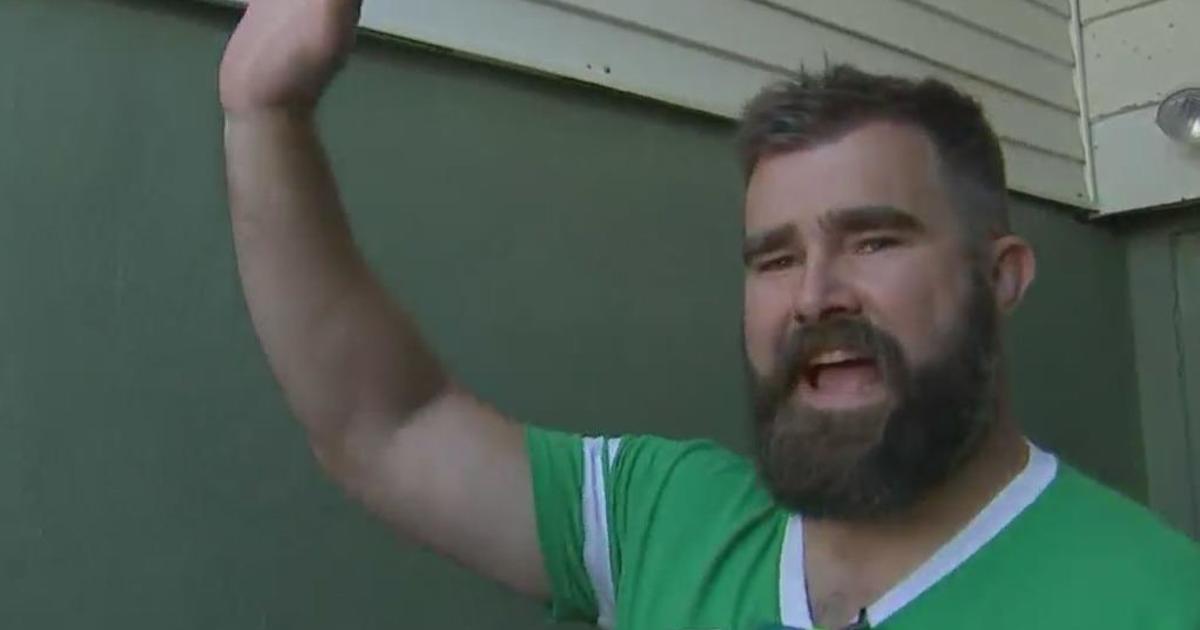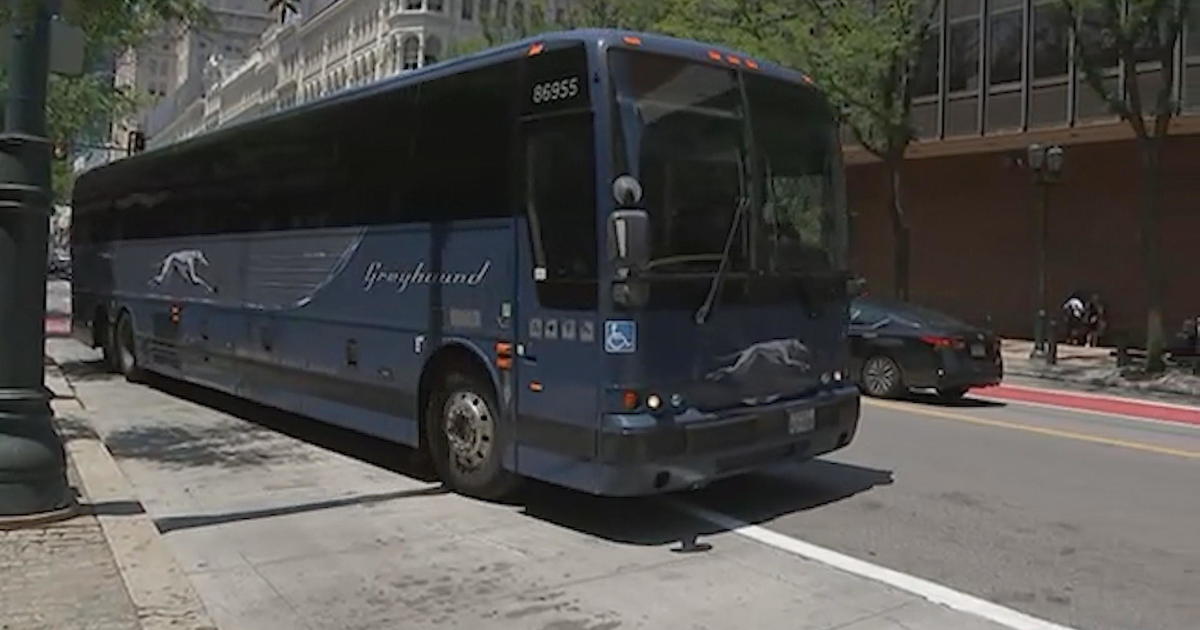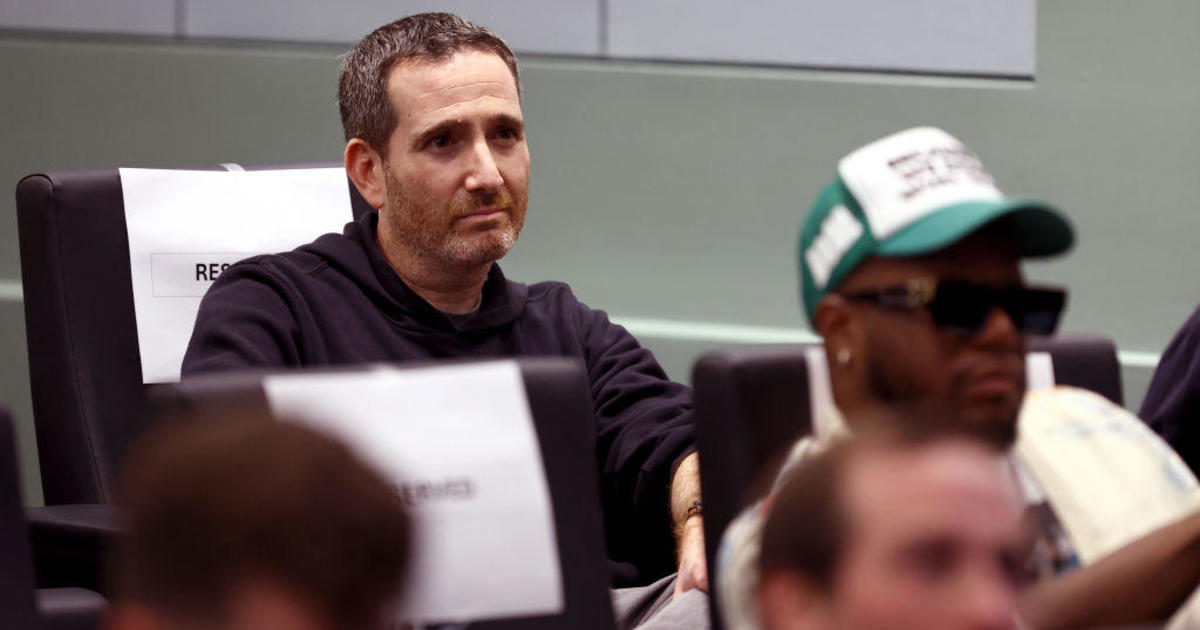Sources: Nutter To Deliver 'Status Quo, Safe' Budget
PHILADELPHIA (CBS) -- Unlike this last two years, don't expect many surprises from Philadelphia Mayor Michael Nutter when he unveils his new budget this week.
Sources tell Eyewitness News that the mayor will likely propose a status quo, safe, election year budget when he goes before City Council Thursday. That means no new taxes or tax increases and no dramatic cuts.
The budget is a big shift from the past two years when the mayor proposed property tax increases, a sales tax increase and a tax on soda and other sugar-sweetened beverages. During the worst of the recession, Philadelphia faced a deficit that ran as high as $2 billion over five years. That deficit was closed through a combination of tax increases and spending cuts.
"It's certainly different from the past two years," the mayor told reporters Tuesday afternoon. He said tax revenues are much more stable. Some reports show them climbing somewhat.
But that said, "We are no where near out of the woods. We are no where near where we were back in 2007 and going into 2008," he said.
A lot of the mayor's budget hinges on what happens in Washington and Harrisburg over the next few months, where enormous deficits ($4 billion in Harrisburg) could cut the amount of money flowing to the city and the school district.
Watch the video...
That has some government watchdog groups saying it's time for the city to tackle some of its most pressing problems: a pension crisis, worker contracts, half-empty schools and selling thousands of vacant or abandoned properties owned by the city.
"It's too easy to declare in an election year that things are fine," said Zack Stalberg, President of the Committee of Seventy, a nonpartisan watchdog organization. "We would like to hear him talk about shrinking government, dealing with the pension crisis."
Stalberg's group put together a laundry list of tasks it would like the mayor to talk about and at the top of the list is reforming pensions for city workers. The city's pension fund is short $4.9 billion, meaning it only has about 55 percent of the money it needs to meet its current obligations.
The mayor acknowledged a need to reform the pension system, which must be settled through union contracts. So far he says the two city unions without contracts, District Councils 47 and 33, have not agreed to sufficient concessions.
"If it was just about settling a contract, you can settle a contract just about anytime you want," the mayor said. "The question is can you pay for it."
Reported by Ben Simmoneau, CBS 3



